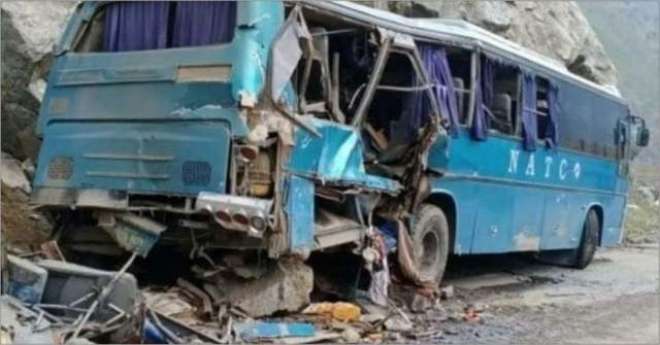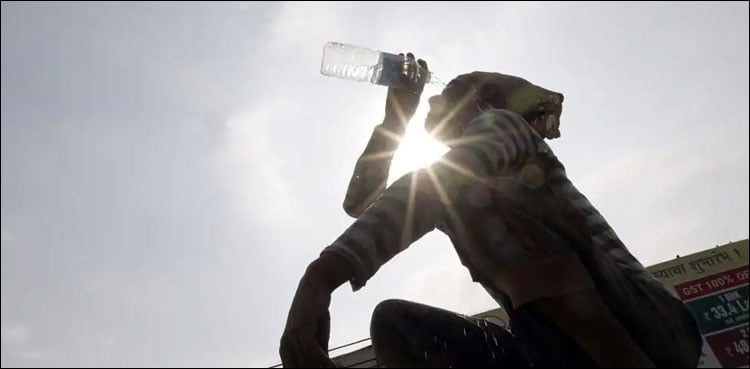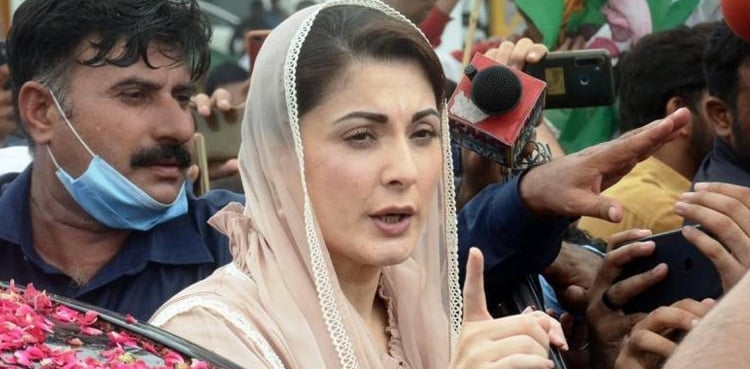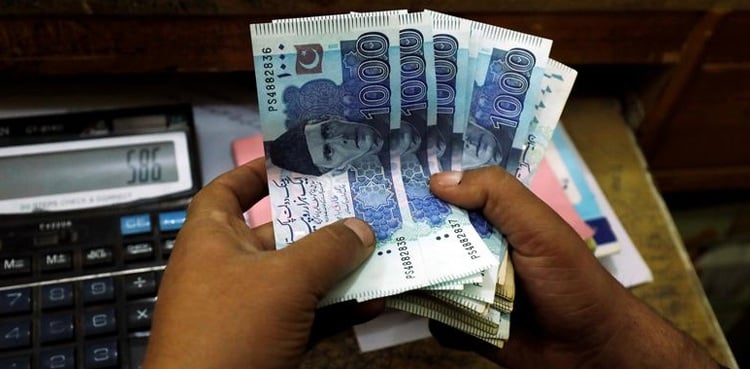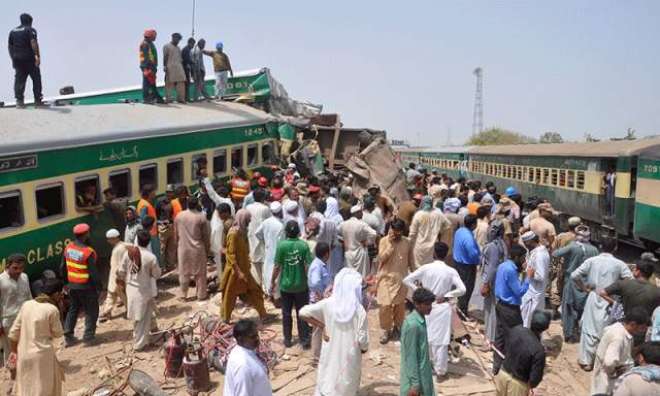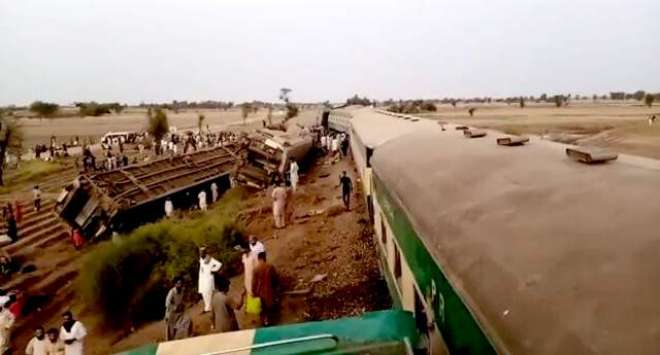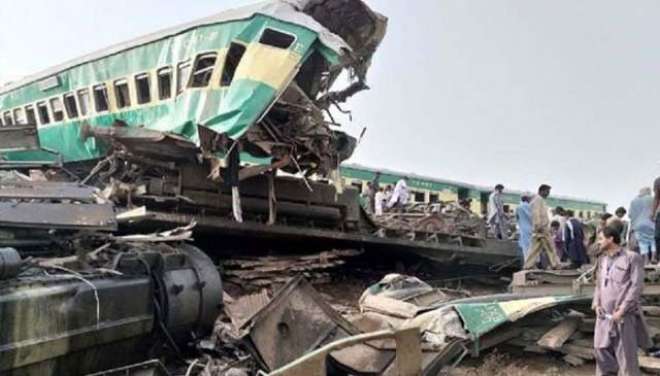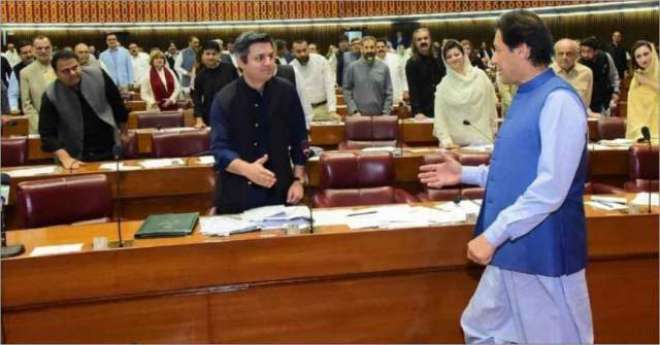More than 300,000 to benefit from improved healthcare facilities in Quetta
- April 13, 2016, 10:19 pm
- Breaking News
- 81 Views
QUETTA: Balochistan’s Provincial Ministry of Health and the UN refugee agency (UNHCR) marked the ground-breaking ceremony for improvement and extension of the existing Balochistan Institute of Nephro-Urology Quetta (BINUQ) in Quetta.
The project has been identifies under the United Nations’ Refugee Affected and Hosting Areas (RAHA) initiative which is an important vehicle for improving access to and quality services for both Afghan refugees and their host communities. The project will be carried out jointly by the provincial health department, BINUQ management and UNHCR through Society of Collective Interests Orientation Pakistan (SOCIO Pak). Approximately 300,000 patients will benefit from the upgraded health facility for which the construction work will be completed in August 2016.
Provincial Health Minister Rehmat Saleh Baloch, Chief Executive Officer BINUQ Prof. Dr. Karim Zarkoon and the provincial head of UNHCR in Quetta, Dinesh Shrestha attended the ceremony, organized by SOCIO Pak at the Balochistan Institute of Nephro-Urology Quetta (BINUQ)
Under the project activities are included construction of a dialysis unit (6000 Sqft), construction of ramp, provision & installation of elevator, centralized oxygen system, centralized suction system and provision of 15 modern beds. The project’s soft component focuses on the formation of youth management committee, establishment of 3 blood camps and provision of training to eligible candidates for dispensers.
The existing BINUQ is the only facility in the province that treats 60 cases of patients suffering from renal diseases on daily basis. Access of patients with renal problems to BINUQ and its services are limited due to inadequate infrastructure and dearth of modern equipment especially dialysis units. With the construction of a new dialysis unit, on average 45 additional patents who require haemodialysis will be treated free of cost which currently costs Rs. 6000 per patient, per session.
Rehmat Saleh Baloch appreciated UNHCR for extending support to refugee hosting local communities in the province. He said, Pakistan takes great pride in hosting the world largest protracted refugee situation despite its own challenges. He added, “Refugees are a collective responsibility of all stakeholders, therefore the international community should continue supporting us to assist not only refugees until they are able to return to Afghanistan but also local communities through initiatives like RAHA.â€
Speaking at the occasion, head of UNHCR in Quetta, Dinesh Shrestha paid rich tribute to the generosity of the people and government of Pakistan for hosting millions of refugees for nearly four decades. He said, “It’s always encouraging to see Pakistani institutes providing unhindered assistance to Afghan refugees just like the way they assist local population.†He added, “it is therefore very important for UNHCR to continue the provision of assistance under RAHA to host communities to enable them have access to affordable and quality services, which we made possible through RAHA initiative countrywide. The upgrading of BINUQ is among one of the high-impact projects UNHCR undertook to enable host population having access to essential services like health.â€
RAHA is a multi-year joint initiative launched in 2009 between the Government of Pakistan, represented by the Ministry of States and Frontier Regions (SAFRON) and the Economic Affairs Division (EAD) in the Ministry of Economic Affairs and Statistics, a consortium of UN agencies, a number of Government organisations and nongovernmental organisations.
Since its commencement in 2009, more than 10 million people including Afghan refugees and Pakistani citizens have benefited from some 3,500 RAHA projects implemented across the country costing some dollars 175 million.


